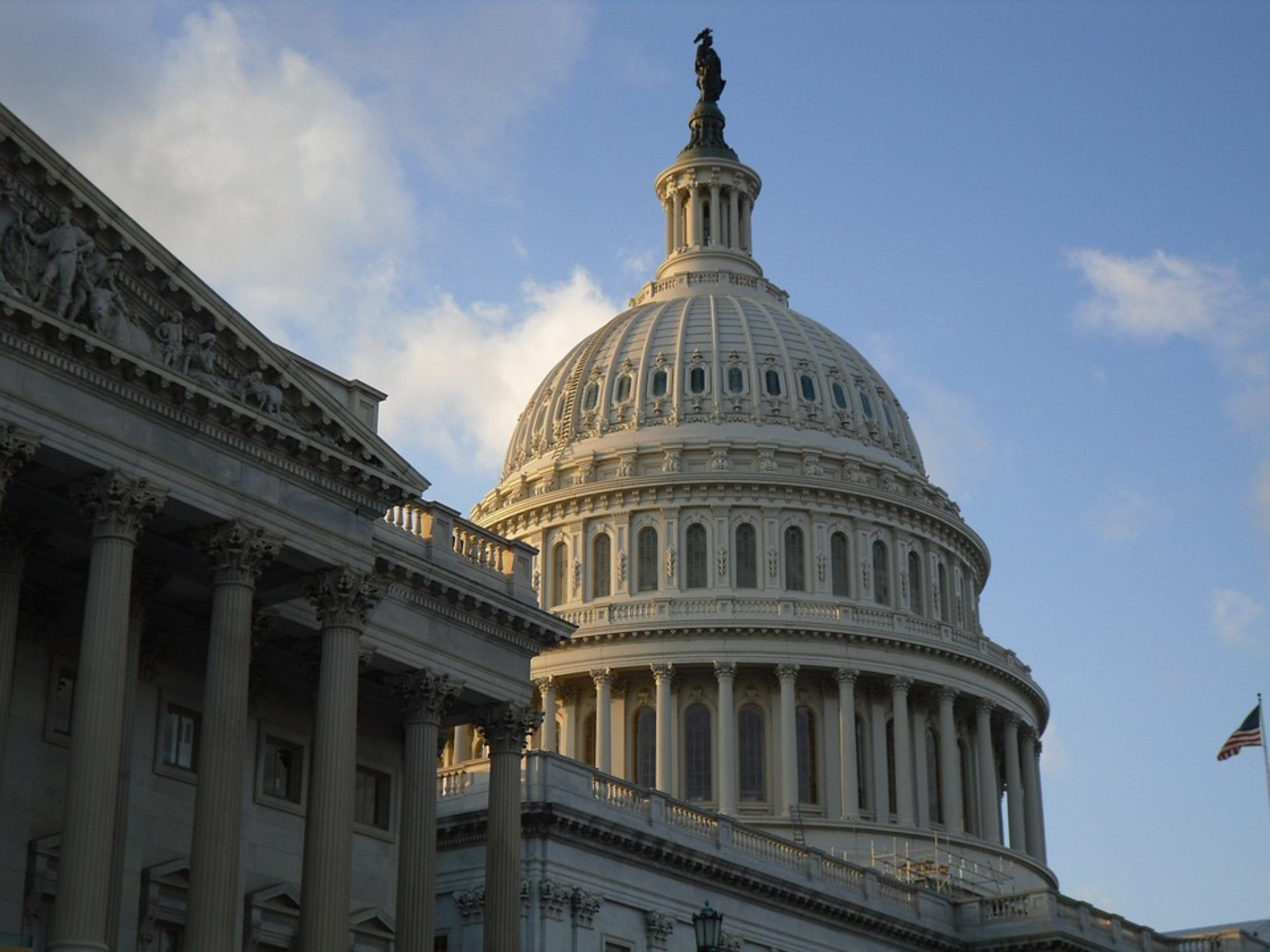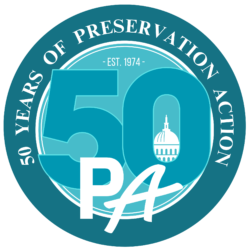Preservation Action condemns racial injustices and strongly supports the demands to dismantle America’s culture of white supremacy. Above all, we are reminded that communities are first made of people, and only second of buildings and sites. We stand in solidarity with Black Americans across the country and denounce the systematic destruction of their properties, communities, and lives.
Preservation Action is committed to working toward the goal of assuring that historic preservation policy and practice reflect and embrace all our people and the places that tell their stories. The federal historic preservation program, through the National Historic Preservation Act of 1966, represents a collection of “official” historic narratives. As a subset of a larger system of power that is rife with inequities, our national preservation program has historically been complicit in the white-washing of history. However, preservation has evolved and must continue to grow as a force that celebrates, designates, and proudly recognizes Black history and the sites and stories of underrepresented communities. We know Black and minority sites are a small fraction of “official” narratives, but we also know many who are working hard to change that. As a professional field that operates at the intersection of memory, space, and identity, preservationists have the power to affect narratives, but also the advocacy power to affect policy and funding. That’s why we lobby for more federal appropriations towards historic preservation. With more, our grassroots members can do more.
Preservation Action’s mission is to make historic preservation a national priority by advocating to all branches of the federal government for sound preservation policy and programs through a grassroots constituency empowered with information and training and through direct contact with elected representatives. Our partner 501(c)3 Preservation Action Foundation works to educate and inform the next generation of preservation advocates. Our platform gives us the unique opportunity to affect policy that redistributes resources to advance equity in placemaking and public memory.
Starting back in March 2020 at National Historic Preservation Advocacy Week, our grassroots members and partners made an ask to Congress for a record level of funding for fiscal year 2021. This includes $20 million to the Civil Rights Initiative, $10 million to Historically Black Colleges and Universities, and $8 million to Underrepresented Communities to preserve the sites and stories associated with securing civil rights for all Americans, including women, American Latino, Native American, Alaska Native, Native Hawaiian, and LGBTQ Americans. In recent years, these funds have gone to maintain places like the Sixteenth Street Baptist Church in Birmingham, AL; the Edmund Pettus Bridge in Selma, AL; and Academic Hall at Hampton University in Hampton, VA.
On an organization level, our national board of directors membership is and remains open. If you know of someone eager to make preservation more equitable, inclusive, and relevant, please nominate them to join our board. We all benefit from more diverse voices and perspectives. We are listening and ready to act.
We recognize that historic preservation is a small piece in social justice reform, but we hope you will join us in the important work of allocating resources for equity, rebuilding communities, and preserving the stories that are unfolding today.




